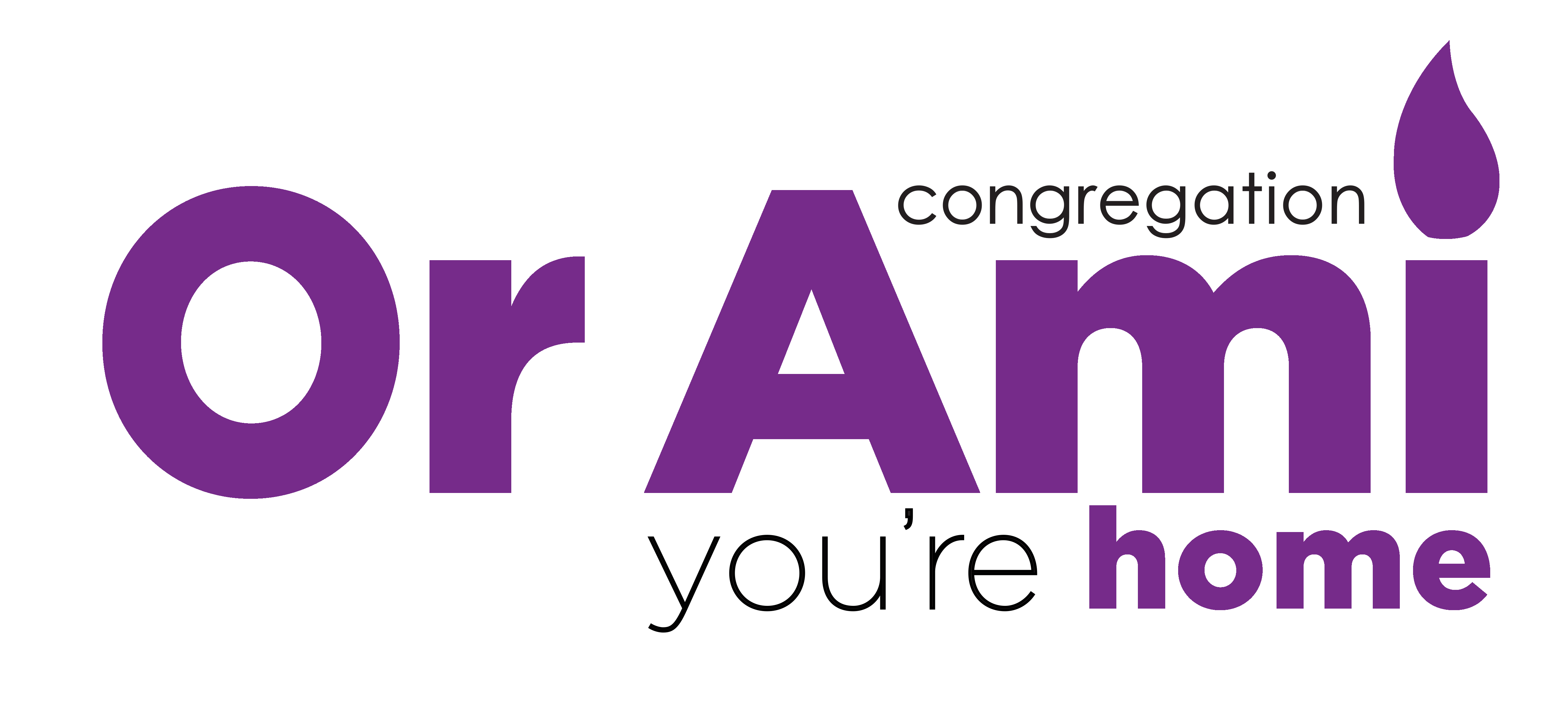Imagine the Unimaginable, Believe in the Impossible About Light and Faith in Parashat Miketz
By Rabbi Lana Zilberman Soloway
This week, 448 days, which are 63 weeks after October 7th, we read in Parashat Miketz, about a story of transformation, inspiration, and reconciliation. Joseph, a dreamer cast into a pit of despair by his brothers, rises to the pinnacle of Egyptian society, tasked with saving not just Egypt but also his own family. At the heart of it is the dramatic encounter between Joseph and his brothers. Years earlier, they had sold him into slavery, and now, famine forces the brothers to come to Egypt, unknowingly seeking sustenance from the very sibling they wronged. Yosef recognized his brothers, but they did not recognize him, it is written in Genesis 42: 8. Although Joseph understood immediately who they were, he did not reveal his identity to his siblings. Joseph’s initial response was to test them, but his ultimate aim was forgiveness and unification with his family.
Joseph’s story teaches us a profound lesson about the potential of reconciliation, even in the most fractured relationships. He could have sought revenge, asserting his power over his brothers, but instead, he chose a path of peace. Joseph’s ability to forgive his brothers is rooted in his deep understanding of humanity. Despite their betrayal, Joseph recognized that his brothers, like all people, were created b’tzelem Elohim, in the image of God. This recognition of their shared humanity allowed Joseph to rise above his personal grievances and embrace a higher moral vision, to view his siblings through the lens of their God-given dignity. Joseph’s ability to forgive his brothers and transform their fractured family into a united one reflects his deep faith in the possibility of repair.
Parshat Miketz is read on Shabbat Hanukkah, the Festival of Lights, a holiday that celebrates the heroic victory of the Maccabees over the Greeks, the rededication of the Temple, and the triumphant victory of light over darkness. It is not a coincidence. In many ways, Joseph’s rise from the depths mirrors the Hanukkah story. Just as the Maccabees believed in the seemingly impossible, Joseph’s journey from a dungeon to a palace is a testament to the power of faith and resilience.
Rabbi Mike Moskowitz, in his book Seasonal Resistance, teaches that Hanukkah expresses a language of novelty, innovation, and a miraculous expansion beyond what we thought was possible. The annual Hanukkah experience is an opportunity to receive new insight, empowerment, and opportunity to overcome the forces that oppress, debase, and deny our most essential identities. Had the few Maccabees not searched to provide that light for the many, none of us would have a miracle to celebrate today. Even though we are privileged to be able to publicly observe our traditions, Hanukkah reminds us that our work is not complete until everyone can be safe and free. (pp. 146-147)
This year, Hanukkah is celebrated at the same time as other cultural and religious celebrations, such as Christmas and Kwanzaa (the annual celebration of African-American culture), which emphasize themes of light, renewal, and hope. The universal yearning for light amidst darkness invites us to engage with leaders of other faiths. It reminds us that we have partners in Tikkun Olam, in making this world a better place. Together, we have a unique opportunity to increase the light.
Last week, I visited the Ronald Reagan Presidential Library in Simi Valley, north of Los Angeles. The Library tells the story of President Reagan’s life, including the eight years of his presidency. For me, as a Russian-speaking Jew born behind the Iron Curtain in the former Soviet Union, it was a very emotional and powerful encounter with imagining the unimaginable! I was reminded of President Reagan’s bold historic speech on June 12, 1987, at the Brandenburg Gate by the Berlin Wall, calling on the President of the USSR: “Mr Gorbachev, Tear down this wall!” At the time, no one believed it could ever happen—that the symbol of the Cold War, which endured for nearly five decades, would one day be brought down and the wall destroyed. Until one day, in November 1989, the wall fell, the Cold War ended, eastern European countries were freed from communism, and the Soviet Union collapsed, allowing millions of Jews to flee to freedom.
I would not be the person I am today if all of these events would not have happened. This realization had a profound impact on me, reminding me about the power of imagining the unimaginable. Miracles happen; we just need to believe in them.
Parashat Miketz inspires us to imagine the unimaginable, to look for the light and to keep up the faith, even in our darkest moments. The brothers’ reconciliation becomes possible through perseverance and faith. Believing the impossible is not mere optimism, it is a call to action. It means daring to envision a world where peace prevails, and where dialogue replaces division.
Like Joseph, we are called to rise above past grievances, to be courageous, and seek peace. Like the Maccabees, we are called to believe that justice will prevail, and remember that every transformational change begins with a small group of people staying committed to their beliefs and being willing to do whatever it takes to achieve their goals. Do not follow the majority, simply follow the right way. And like the candles of the Hanukkiah, we are called to share our light with the world, serving as the Shamash each and every day.
As we celebrate this season of light, let us take to heart the lessons of Torah: to strive for peace, to honor the dignity of all people, and to believe that even the most daunting challenges can yield miraculous transformations. May we, like Joseph, become instruments of hope and healing in our world.
Happy Hanukkah, may it be a season of miracles and illuminating possibilities.
Shabbat shalom.
